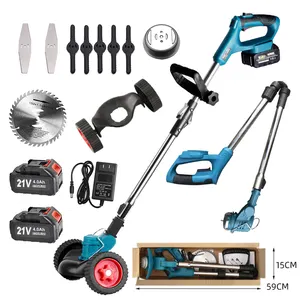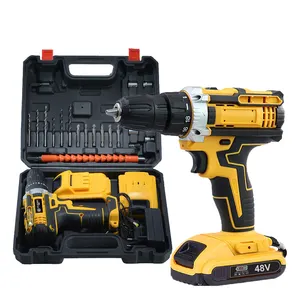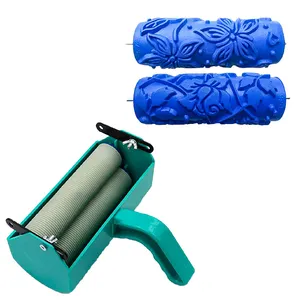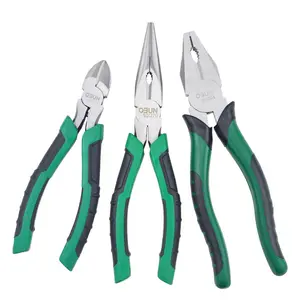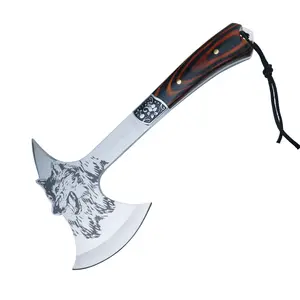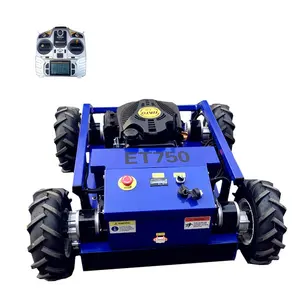Popular in your industry





































































































































































Top categories
About actuator 220v
Understanding the 220V Actuator
An actuator 220v is an essential component in modern automation and control systems. It serves as the final control element for managing the flow and pressure within a piping system by converting electrical energy into mechanical torque. This category encompasses devices designed to operate with a 220-volt power supply, which is a common voltage for industrial and residential applications.
Types and Applications
The versatility of a 220v electric actuator is evident in its various types, such as linear and rotary, each suited for specific tasks. Linear actuators 220v are typically used where straight-line motion is required, such as in valve operation or lifting mechanisms. On the other hand, rotary actuators are used where circular motion is needed, like in ball or butterfly valves. These actuators are integral in sectors ranging from agriculture, where they assist in irrigation systems, to industrial manufacturing lines, controlling process flows.
Features and Materials
The construction of a 220v actuator involves robust materials that ensure durability and reliability. Common materials include stainless steel, brass, and high-grade plastics, each selected for their resistance to corrosion, pressure, and temperature. Features may include manual override capabilities, position indicators, and adjustable limit switches, enhancing the functionality and control precision of the actuator.
Advantages of Electric Actuators
Choosing an electric actuator 220v offers several advantages. These actuators are known for their energy efficiency, as they only consume power when in operation. Additionally, they provide precise control and can be easily integrated into automated systems for remote operation. The simplicity of their design also means fewer mechanical parts, which reduces the maintenance requirements and increases the lifespan of the device.
Selecting the Right Actuator
When selecting a 220v linear actuator or its rotary counterpart, it is crucial to consider factors such as the torque requirements, the speed of operation, and the compatibility with the existing control system. It is also important to evaluate the environmental conditions in which the actuator will operate, such as temperature extremes or the presence of corrosive substances, to ensure optimal performance and longevity.
Integration in Automation Systems
Integrating a 220v electric actuator into an automation system enhances control and efficiency. With the right actuator, you can achieve seamless operation, whether it's for regulating HVAC systems, managing water treatment plants, or automating assembly lines. The adaptability of these actuators makes them a valuable addition to any control system, ensuring precise management of flow and pressure.
